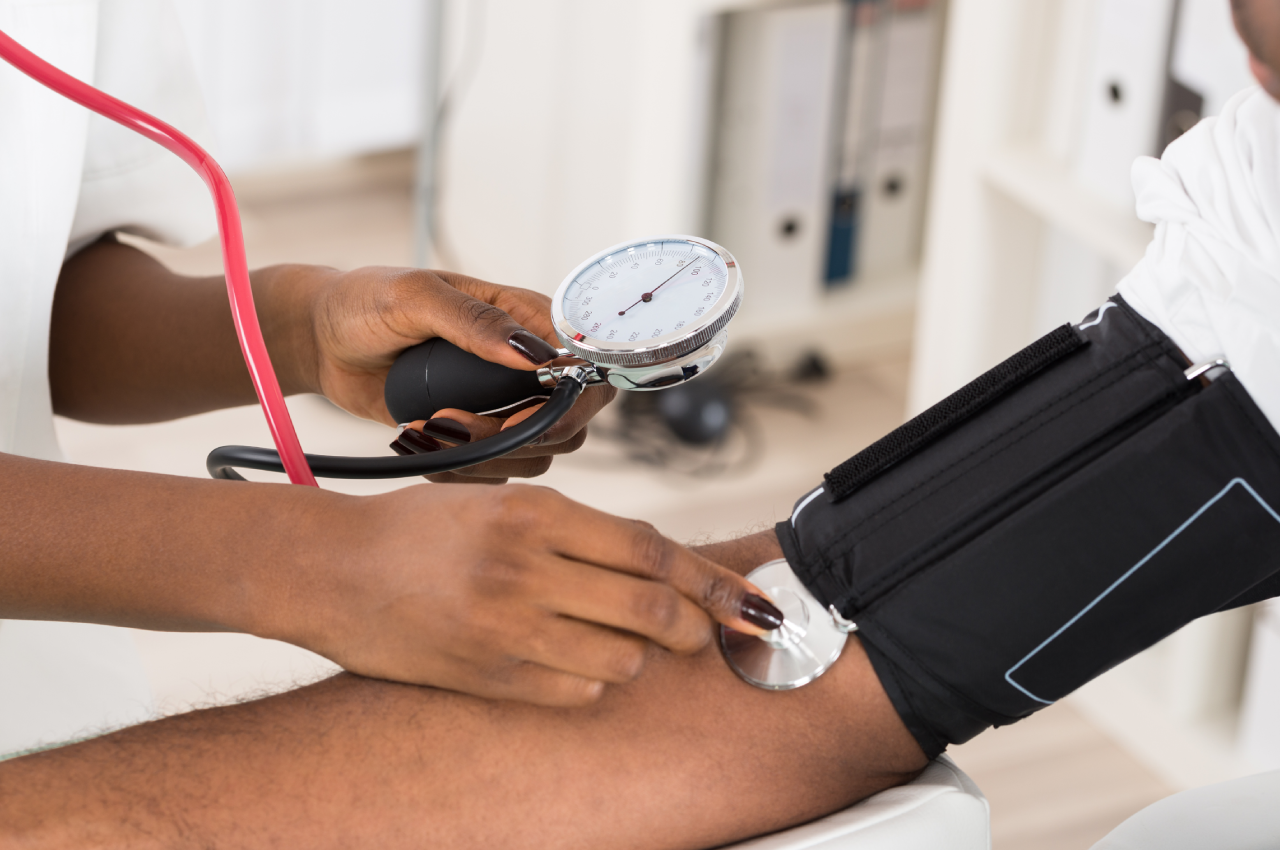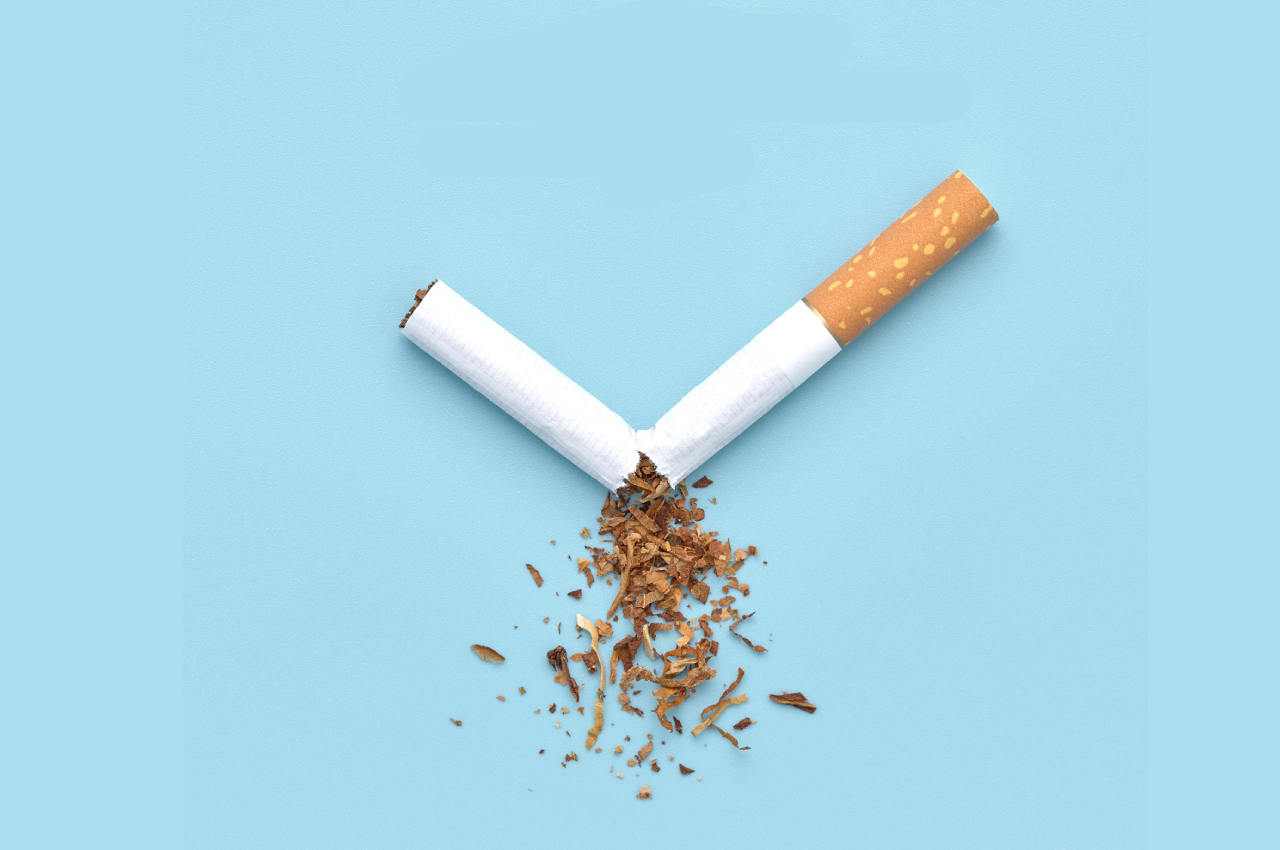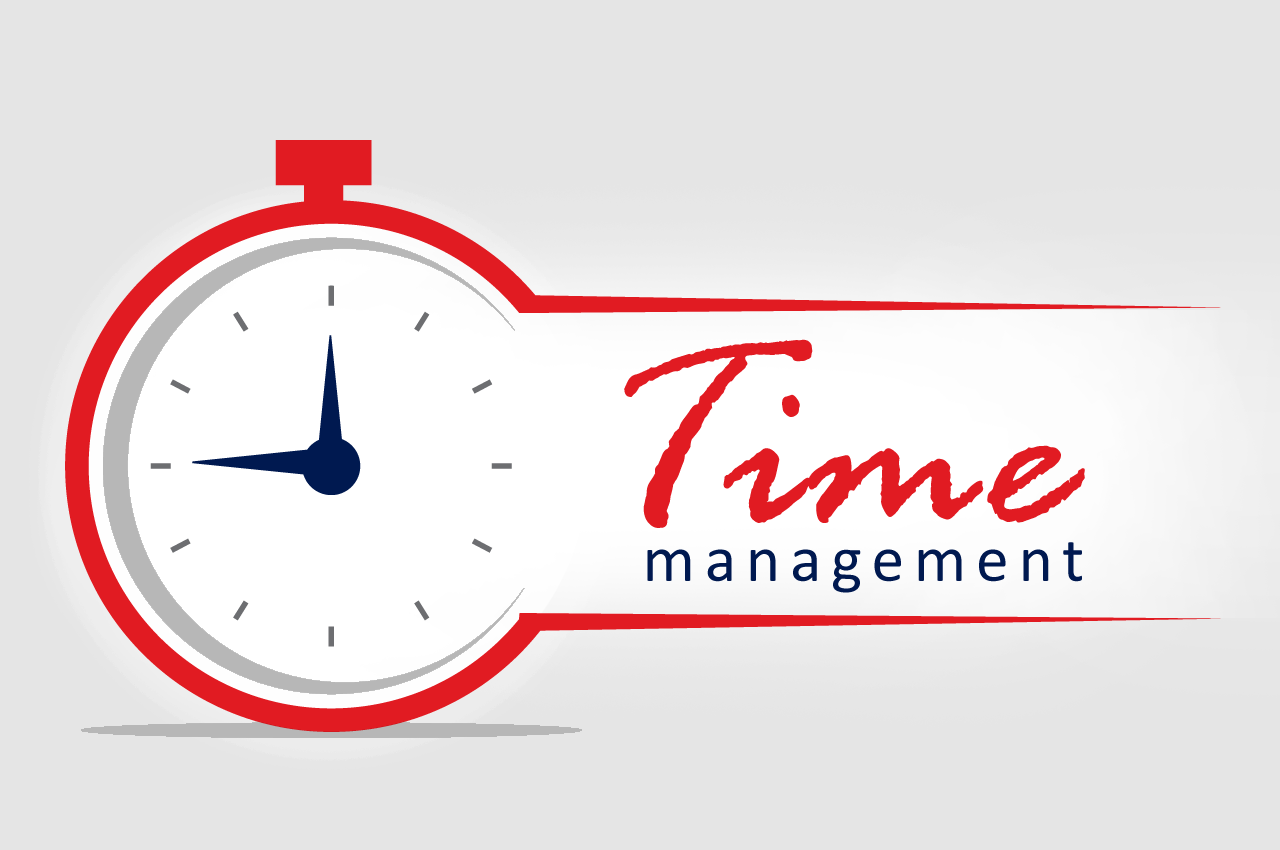This is national HIV month.
HIV is a very important issue in South Africa. According to AVERT, (a non-profit charity dedicated to educating the world on HIV and AIDS), South Africa has the highest number of HIV infected people in the world. In South Africa there are about seven million infected people with an estimated 380,000 new infections every year. The condition affects almost 20{4f397819c3de313f64bb15bf63cf5399d2450a5786b2e0fa61903b6291c0b555} of the adult population. The minister of health has estimated that over a quarter of schoolgirls are already infected with HIV. This means that there are millions of people affected by this disease, and possibly passing it on.
These statistics are very stark, but the important message is that there is help available. South Africa invests a vast amount of money on various HIV programs, which not only provide the necessary HRV drugs, but also offer psychological and social support as well as education to those infected, their loved ones and the general public. Now, what we want to talk to you about is the stigma associated with HIV/AIDS, and the fear of exclusion that comes with having HIV or having a loved one with the disease.
If you need to talk to someone confidentially please call our helpline to set up a free session with one of our skilled counsellors on 08002BWELL (0800229355)
What is the best attitude to hold in regard to HIV/AIDS? Firstly, when you understand that HIV can be managed you are more likely to be willing to be tested. Everyone should be tested. Knowing your status helps you to make choices about how you want to live your life. When you take the test and come out negative, meaning that you do not have the virus, then you can take specific steps to maintain your healthy status. There are many practical ways available to help you to protect yourself.
For a website with helpful information click HERE.
Click on the link below for a very funny YouTube video on safe sex: HERE
Once you have taken the test and have been identified as HIV+, do not be dismayed. Yes, this is difficult, but there are effective measures that you can take to address your situation. Firstly, go immediately onto the available treatment programme. This is generally available to the public.
Secondly, try to be honest about your status, especially with those who are significant in your life. Whilst this is not easy, it is very important for a number of reasons. When you are honest about your status you will take precautions to avoid spreading the infection to your loved ones. This means you will avoid unprotected sex. Being honest will also help you to be open about taking your medication. Do not hide it.
Thirdly you will be able to make the necessary lifestyle changes aimed at helping you maintain good health, even when you have the condition.
Fourthly, remember that you are protected by the constitution against discrimination if you are HIV+. SEE HERE
Now if you discover that your loved one, or a friend, has tested HIV+, there is something very important for you to do. Be aware that any negative judgement on your part will not help – it will only make things worse. Especially since they need your loving support now more than ever. It is often the stigma attached to HIV that prevents people from acknowledging their condition. By pretending nothing has changed and continuing to live as ‘normal’ there is an increased risk of infecting others. This denial also often inhibits a person from taking their vital medication and looking after their health.
Princess Diana was a shining example of a celebrity who opened her heart to people with HIV. SEE HERE






